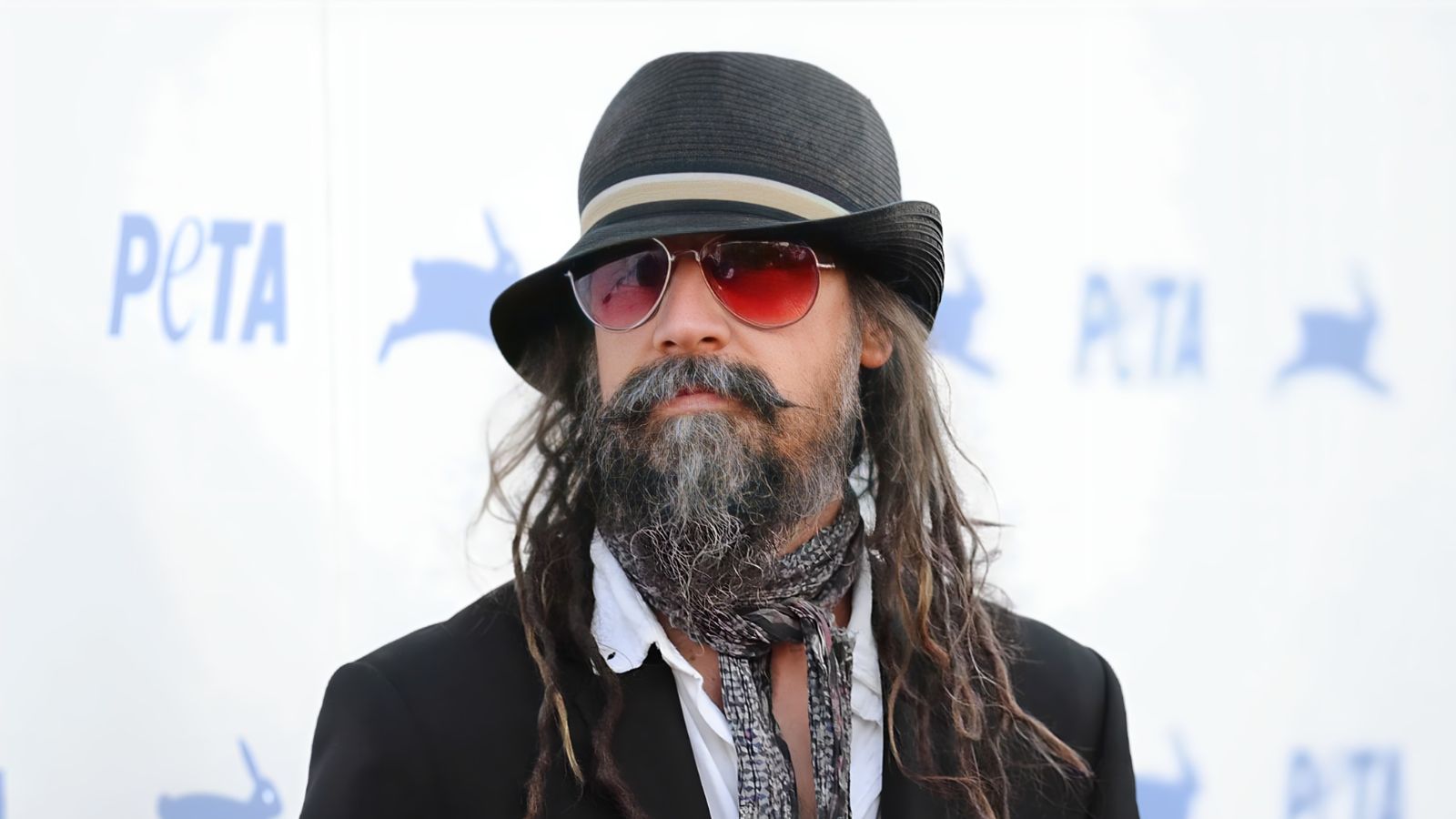Why Did White Zombie Break Up?

White Zombie, a band known for its unique blend of horror-themed metal music, broke up after achieving significant success in the 1990s. The reasons behind their breakup are multifaceted and reflect the complexities often found within successful music groups.
The band was formed in 1985 by Rob Zombie (born Robert Cummings) and Sean Yseult, who met at Parsons School of Design. Over the years, White Zombie evolved from a noise rock band into a mainstream metal act, famous for hits like “Thunder Kiss ’65” and “More Human Than Human.” Their music was loud, aggressive, and filled with cinematic and horror influences, which set them apart from other bands at the time.
By the mid-90s, White Zombie had become very popular, especially after the release of their albums “La Sexorcisto: Devil Music Volume One” and “Astro-Creep: 2000.” These albums brought them commercial success and a strong fan base. However, the pressures and changes that come with such success began to affect the dynamics within the band.
Why Rob Zombie Left and Broke Up White Zombie?

Rob Zombie, the lead vocalist and driving creative force, started to feel that the band had achieved all it could which is the reason why White Zombie broke up. In interviews, he mentioned that after 13 years, White Zombie had accomplished everything they set out to do. This feeling was coupled with the fact that success affects each band member differently, which can lead to disagreements and differing visions for the future.
In addition to internal dynamics, Rob Zombie’s personal ambitions also played a role. He released his debut solo album, “Hellbilly Deluxe,” just a month before the official breakup of White Zombie. His move towards a solo career indicated a shift in his creative interests and perhaps a desire for a new challenge, one where he could have full control over the music and artistic direction.
Sean Yseult, the bass player and co-founder, also had her life changes influencing her career decisions. After the band disbanded, she moved to New Orleans, got married, and even opened a bar. Her journey post-White Zombie shows a shift from being in a high-profile band to pursuing more personal projects and a different lifestyle.
The breakup wasn’t marked by any public conflicts or dramatic fights; it was more about the band members growing apart and wanting different things. Rob Zombie himself described the breakup as inevitable, suggesting that it was a mutual decision that reflected the natural end of the band’s journey together.
After the breakup, the members went their separate ways, with Rob Zombie continuing his career in music and film, becoming a successful director and solo artist. The other members also pursued various projects, but none stayed in the spotlight like Rob.